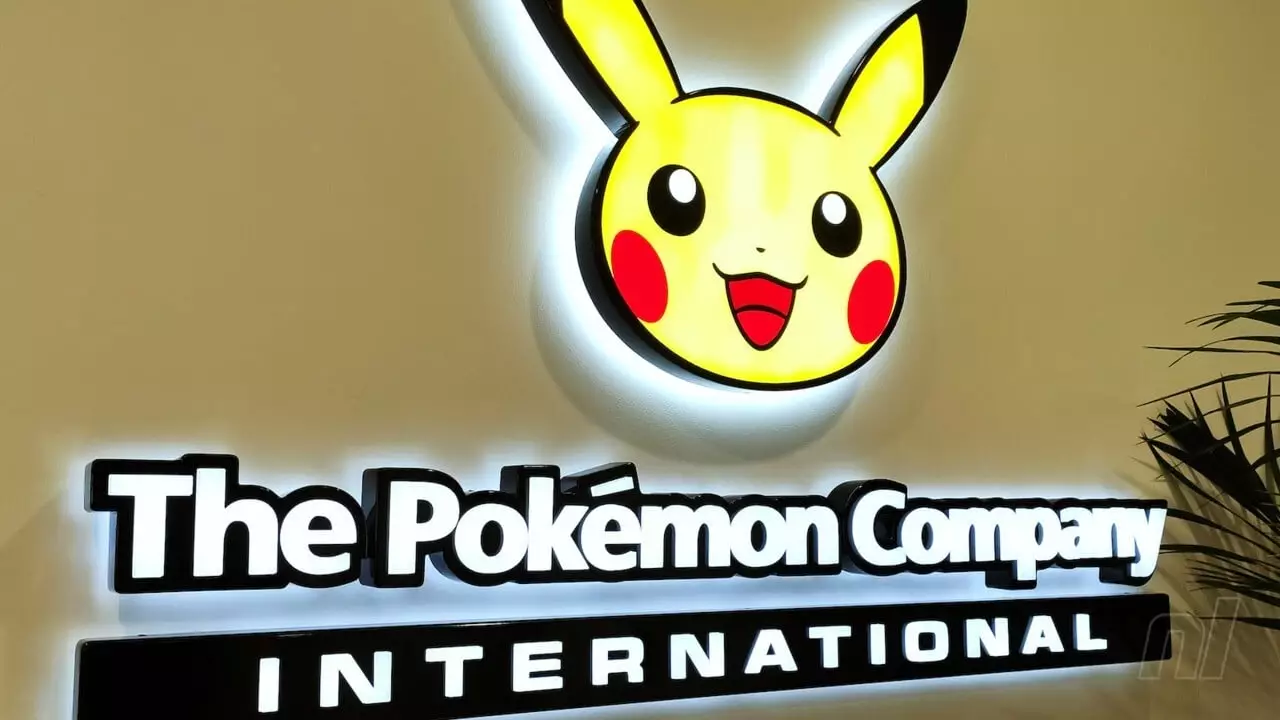The landscape of the gaming industry is continually evolving, as legal battles over intellectual property increasingly take center stage. A recent lawsuit involving The Pokémon Company (TPC) serves as a pivotal reminder of the critical issues surrounding copyright infringement and unfair competition within this lucrative market. The resolution of TPC’s case against the mobile application ‘Pocket Monster: Remake’ sheds light on the broader implications of piracy, originality, and industry standards.
The saga began in 2022, when TPC launched legal proceedings against the Chinese mobile application, which was accused of blatantly appropriating game assets and gameplay mechanics from the iconic Pokémon franchise. This serious claim not only included direct copyright infringement but also highlighted how such actions could undermine the integrity and financial viability of established brands. As a multi-billion-dollar franchise, Pokémon has cultivated a reputation built on quality and originality. The perceived attack on its intellectual property was seen as a significant threat.
For TPC, the stakes were high: the initial claim sought upwards of £60 million (approximately $70 million) in damages. This considerable figure underscores the financial ramifications of such infringements, both for the rights holders and the infringing parties. As the case progressed and a Chinese court affirmed its judgment in September, it became evident that companies attempting to capitalize on established franchises face severe penalties—both economically and reputationally.
Guangzhou Maichi Network Technology and Khorgos Fangchi Network Technology, the two firms behind ‘Pocket Monster: Remake,’ ultimately found themselves on the losing end of this legal battle. Following the court’s ruling, the developers issued a public apology acknowledging their wrongful use of Pokémon’s design elements. They recognized that their actions constituted unfair competition and sought to distance themselves from the implications of their previous choices.
The statement indicated a profound realization on the part of the developers regarding the seriousness of their infractions. By admitting to their missteps, they did more than just take legal responsibility; they highlighted the importance of respecting intellectual property within the industry. Referring to their actions as having “caused significant economic losses to the rights holders,” the companies committed to prioritizing intellectual property rights in the future. By making this public declaration, they aimed to restore some level of trust with the gaming community and convey a willingness to adhere to industry standards moving forward.
As a direct consequence of the court’s ruling, ‘Pocket Monster: Remake’ has been removed from the market. This outcome sends a resounding message to developers who might consider veering into problematic territory, emphasizing that legal action can and will be taken to protect intellectual property rights. By establishing firm precedents, TPC’s victory serves both as a cautionary tale and a guiding principle for other developers.
The ramifications extend beyond the immediate case, echoing throughout the industry and shaping the broader discourse around copyright and creation. With the continued proliferation of mobile applications, the potential for copyright violations increases. This ongoing risk necessitates a proactive approach to intellectual property, not only for established companies like TPC but also for emerging developers aiming to carve their niche in a crowded market.
This legal saga also folds neatly into larger conversations surrounding the gaming sector. Recently, TPC and Nintendo have been involved in ongoing legal challenges against developers like Pocketpair, responsible for the game Palworld. Such cases underline the need for vigilance and protection of creative works in a world that constantly innovates and shifts.
Furthermore, the international dimension of these legal proceedings—especially concerning developments in Japanese courts—promises to widen the scope of such disputes. As companies navigate the complex waters of global copyright law, the interplay between diverse legal systems can produce unique challenges and resolutions that affect how intellectual property is safeguarded worldwide.
The case against ‘Pocket Monster: Remake’ is emblematic of the rigorous conflict between innovation and infringement in the gaming industry. The ongoing commitment to uphold intellectual property rights will continue to shape the landscape for developers, consumers, and rights holders alike. As this dynamic unfolds, the gaming community is left to reflect on the significance of originality and the profound impacts of infringement violations.

